Summary
Mexico is the only country in this world where the prohibition of vapes and all Electronic Nicotine Delivery Systems (ENDS) is enshrined (since December 2024) as an article in the constitution. I provide in this Substack an account on how this extreme prohibition resulted from the specific context of a very centralized authoritarian government in Mexico, with a synergic collaboration with Bloomberg Philanthropies acting through its funded local NGOs advised by Campaign for Tobacco Free Kids (CTFK).
The prohibition was opposed by wide sectors of society and of the political class, it was ruled unconstitutional by the Supreme Court. It only passed together with other constitutional reforms following a very undemocratic process full of irregularities and political thuggery. It is too early to know the scope and consequences of this prohibition, but there are ominous signals suggesting a complete take over of the vape market by organized criminal cartels. .
Historical and political context
Commercialization of vapes has been prohibited in Mexico since 2008. Between 2008 and 2018 vape consumption significantly increased to over 1 million consumers. It was a minor irrelevant issue for the political class, which until 2020 loosely tolerated a grey “informal market”. Fr statistics on smoking and vaping prevalences see references [1] and [2].
Mexico was then an incipient democracy in the process of solidifying institutions and developing a civil society, but was plagued by corruption, drug cartel violence and an increasing discredit of its political class.
Andrés Manuel López Obrador (AMLO) won the presidential elections by a landslide for the period 2018-2024, promising democratic change and the end of corruption. He was very popular and enjoyed enthusiastic majority support from all sectors of society.
Unfortunately, as his presidential administration proceeded, between 2018 and 2024, he systematically coopted or dismantled all political counterweights to his extremely personalized rule, establishing an authoritarian populist regime. AMLO has explicitly prized loyalty over competence and has never accepted criticism of policies he has proposed or enacted, some based on his personal whims, with weak supporting evidence and with potentially disastrous consequences.
His presidency ended on September 2024 and Claudia Sheinbaum, his hand-picked successor, won the 2024 elections and took office on October 1st.
AMLO’s party Morena and its allies have held all the time the majority in both legislative chambers (Chamber of Deputies and the Senate). He has persistently demanded from all government officials (including legislators) absolute loyalty to him, as the embodiment of the “will of the people”, gradually exerting personal control over all decision making processes in all public policies.
AMLO fully centralized the dispersed health sector, appointing Hugo López Gatell as the de facto plenipotentiary health minister with full authority on all health policies (only accountable to AMLO). López Gatell is an epidemiologist graduated from the Johns Hopkins Bloomberg School of Public Health, a technocrat with connections to the WHO and with Bloomberg funded NGOs (CTFK and local NGOs).
The first attempted prohibition fails
During the early stage of AMLO’s tenure in 2019-2021 there were 12 law initiatives proposed in the Chamber of Deputies, with 10 of them supporting regulation of ENDS. Surprisingly, on February 2020 AMLO bypassed this legislative process and enacted his first presidential decree [3] strengthening the existing 2008 prohibition.
Acting in coordination with Bloomberg funded local NGOs in contact with CTFK, López Gatell forcefully deployed his full authority with the purpose of derailing the legislative process to impose a modification of the Federal Tobacco Control Law incorporating the prohibition of ENDS.
However, this effort was truncated, partly because AMLO appointed López Gatell to direct the government response to the COVID pandemic (with disastrous outcomes), partly because the Supreme Court ruled on October 2021 that the proposed prohibition was unconstitutional [4]. There was also an embarrassing glitch when it was discovered that the text of the prohibition initiative was written by a lawyer employed by CTFK.
López Gatell could not force the prohibition, as legislators were weary (even under pressure from AMLO) of approving a law containing and unconstitutional prohibition. At the time (2022) and until the end of 2024 the Supreme Court was perhaps the only counterweight to AMLO’s centralized power.
Hence, the modified Federal Tobacco Control Law passed the legislature in 2022, but without the ENDS prohibition [5]. The modification essentially extended smoke free zones to large open outdoor spaces (these areas were defined as “emission free” to justify including the prohibition to vape in these areas).
On the World No Smoking day (31 May) AMLO received a prize from the WHO [6] for having passed this law, but it is evident that his decrees prohibiting ENDS favored the awarding of this prize.
AMLO enacted the fifth presidential decree [6] that further strengthened restrictions of previous decrees. From this point onwards López Gatell, CTFK and Bloomberg funded NGOs took a back seat in the events.
The prohibition had low media coverage and was not an important issue for the political class and the broad public, but the insistence of AMLO and López Gatell was noticed and criticized, not only for the weak evidence supporting the prohibition, but as an unacceptable violation of the rights of adults to legally use ENDS, just as they have the right to smoke cigarettes and drinking alcohol legally. AMLO’s presidential decrees have caused some disruption in the illegal commerce, but the market kept increasing, with cheap Chinese disposables gradually becoming ubiquitous,
Presidential death wishes
Despite the Supreme Court unconstitutionality ruling, AMLO remained persistently committed to the prohibition of vapes, enacting other 3 presidential decrees with some technical corrections to the first one. While he and López Gatell frequently condemned junk food and decried high obesity rates, none of these ills received so much presidential vitriol as vaping.
This is unusual, since Mexican society harbors no specially negative attitude towards vaping and smoking, prominent individuals in entertaining, media and the political class (even the ruling party) have a known vaping habit. So, what can explain AMLO’s obsession to prohibit vaping? The most likely reason is a personal aggravation.
Since 2020 a persistent rumor has been spreading on the vaping habit of AMLO’s teenage son, but recently a journalist [7] claimed to have found a file from a hacking of the Defense Ministry reporting that the teenager son of AMLO had a history of problems from his vaping habit and was hospitalized in a military hospital on October 2021, diagnosed with Neumonitis from inhalation of “smokes”.
It is hard to verify the veracity of this reportage, vapes under normal operation do not generate “smokes” and the report provides no information on which substance or device the teen allegedly used or how it was acquired. If this incident really happened, AMLO’s concern and rage would be completely understandable. Possibly he was convinced by López Gatell that vaping normally produces this type of medical condition. However, this would hardly justify a total prohibition that would expose other teenagers to similar harms by acquiring vapes from illegal criminal suppliers.
Whether the incident involving his son happened or not, AMLO took it as one in the many disputes he had with the Supreme Court, which had previously ruled unconstitutionality to many other of his initiatives and projects, which involved violations of constitutional principles or human rights (a Pre-trial prison, militarization of the police).
The unconstitutionality ruling on vape prohibition was just one among all aggravations he felt from the Supreme Court, with his disagreements gradually becoming a death wish against the Court. He devised since 2022 a plan to introduce a constitutional reform that would dissolve all the Judiciary (including the Supreme Court) and completely remake it by new judges voted by the population. He could not achieve this in 2022, he lacked the support of a 2/3 “qualified” majority in both legislative chambers (federal and in each. of the 32 states of the federation).
The presidential revenge
Things began to change on February 2024 when AMLO proposed a package of 20 constitutional amendments (his “Plan C”) that included a very controversial Judiciary reform, containing as well the prohibition of ENDS (together with fentanyl). AMLO had a plan to follow.
The presidential and legislative elections took place on June 2024, with Claudia Sheinbaum, the candidate of AMLO’s party Morena and allies, wining the presidency with 59% of the vote, taking office on October 1st. But the new legislators took office on July, so AMLO had three months to get his “Plan C” approved.
Morena and allies failed to get the 2/3 majority in legislative chambers, but by that time the party had fully coopted electoral institutions, so they used an extreme and tricky interpretation of the electoral law to obtain a 3/4 majority in the Chamber of Deputies (a majority not awarded by the popular vote). But in the Senate they needed the vote of 4 senators to get the qualified majority. These senators were bullied and bribed, so AMLO got the votes for the approval of Plan C, after an undemocratic processes full of arbitrariness and political thuggery.
The 20 constitutional reforms passed on December 2024, in the midst of unruly events, with many glitches (legislators were ordered to approve law initiatives in short time, without reading them). The constitutional prohibition of vapes was achieved as part of an authoritarian process that many Mexicans regard as shameful and self-destructive (including AMLO’s supporters).
AMLO’s presidency ended and his successor, Claudia Sheinbaum, took office on October 1st, expressing full support to AMLO’s constitutional reform.
It is too early to know how her administration will determine the scope and after effects of the vape prohibition. This will be spelled by secondary law regulations, which the government has tasked for discussion and should be drafted probably on February 2025.
The foreign agents and their local helpers
Bloomberg Philanthropy (BP) has been involved for a long time in Mexican health policies on food and tobacco, funding local NGOs to lobby in legislative chambers.
It is evident that López Gatell was the main driver initiating and developing the prohibition of vapes, which is in perfect alignment with the policies on vapes in the recommendations issued by the WHO [8]:
where countries ban the sale of e-cigarettes, to strengthen implementation of the ban and continue monitoring and surveillance to support public health interventions and ensure strong enforcement;
and where countries permit commercialization (sale, importation, distribution and manufacture) of e-cigarettes as consumer products, to ensure strong regulations to reduce their appeal and their harm to the population, including banning all flavours, limiting the concentration and quality of nicotine, and taxing them.
Similar recommendations were issued by “The Union” (short for International Union Against Tuberculosis and Lung Desease [9]), an important NGO with close connections with the WHO and recipient of BP funding. The Union’s document “E-cigarettes, Heated Tobacco Products, and the Need for Bans in LMICs” [10] clearly and prominently states its recommendations and policy guidelines for LMICs (e.g. Mexico):
This equivalence of policies promoted in Mexico in coordination with BP and and the WHO is a well planned strategy to implement prohibitionist policies on vapes. Similar strategies have be deployed in other LMICs.
Did Bloomberg Philanthropy and CTFK intervention advanced public health in Mexico?
Mexican partners of BP were not able to get the prohibition of vapes in the Federal Tobacco Control Law, but they got a modified and much stricter new tobacco law, which affords them publicity and a “score” to report to BP.
Once the new law is approved and enacted, the foreign part (BP and CTFK) disengaged from the process, without taking part in the aftermath concrete issues that are locally important: enforcement and public diffusion of the law, or consequences or effects its real life implementation.
In a published article [11] BP funded NGOs and CTFK recount the above described lobbying activity in Mexico’s legislatures as a heroic struggle against the insidious meddling of the tobacco industry and weak indecisive legislators.
The narrative in this article is pure fiction, since at the time their lobbying advanced López Gatell had already purged all opposing health oriented initiatives or any other health oriented lobbying in the legislatures, including lobbying by the tobacco industry.
Despite the celebrations, the intervention of BP and its Mexican partners did not trigger initiatives to advance MPOWER guidelines that would benefit 17 million Mexican smokers, specially the 8 million (mostly male) daily smokers. Mexican smokers wishing to quit smoking have no institutional support and are left only with a very patchy supply of nicotine replacement therapies and other medication that are too expensive for most of them.
The prohibition of vapes instigated by BP and the WHO and finally achieved by AMLO further aggravates the failure of Mexican health authorities to address smoking. The lack of regulation and illicit status of vape devices, the government hostility and disinformation on them, has not prevented an increasing market of mostly young adults who often smoke and vape, but it has strongly discouraged smokers in mature ages and low socioeconomic status who remain weary of switching to vaping as a safer alternative.
The prohibition obstructs and prevents what could be a significant advance in reducing smoking prevalence, requiring minimal state funding and producing tax revenues. As proven in the UK, NZ and Sweden, recommending smokers to switch to vaping in a well regulated market has the potential (proven in these and other countries) to reduce smoking prevalence.
Would this approach work in Mexico or in LMICs whose institutions are weak? It is precisely the weakness of institutions in LMICs what makes it very hard to implement the top-down government planned tobacco control approach proposed by the WHO, while a legal regulated market solution through lower risk consumer products has much better chance to succeed in decreasing smoking prevalence, precisely because it does not depend on state coercion and intervention
The vape prohibition has affected Mexican smokers and vapers, but has it affected the tobacco industry? Not at all. The tobacco companies that operate in Mexico will not be financially ruined, since, even if the non-combustible products they legally sell (iQOS and Vype) are banned, they can still sell tobacco cigarettes legally, possibly increasing their distribution and profit margins if the consumption of vapes (the natural competing product) decreases because of the prohibition.
Awarding a prize to criminal cartels
Vape prohibitions (like all prohibitions) bring a host of known problems: the lack of quality control, no consumer rights and protection, lack of government revenue, decreased availability to adult smokers and unrestricted sale to adolescents and possibly the supply of contaminated products.
However, probably the worse effect are powerful black markets and if the prohibition is strictly enforced, the cartels will control almost the full market, but even if its enforcement is softened by corruption, cartel penetration is unavoidable, all of which involves uncontrolled supply to young adults and adolescents, nullifying the “youth protection” argument for the prohibition.
There are incentives for drug cartels taking over the vape market: it is already large (around 3 million) and is increasing, the product is not expensive, it is easy to use, import, store and transport and has not caused so far intoxications or casualties like other illegal substances. Of course, there is no guarantee that an EVALI outbreak will not occur, a liability that tends to increase as the cartels take a stronger hold of the market.
Tobacco control orthodoxy is seriously wrong in playing down black markets, describing it as industry narrative. In Mexico, this error of judgement and denial of facts is perhaps more dangerous than in other countries, since well organized cartels have established since the early 2010s extensive criminal networks that control (partially or totally) close to one third of Mexican territory. In several Mexican states these cartels have replaced many state functions and fully control all trade, specially the profitable export of agricultural products to the USA.
Criminal cartels have been gradually encroaching and dominating the vape market. The media has already reported acts of violence by cartels [12]. Obviously, regulation is not a panacea that will magically solve these problems, but it is the best possible rational response to this mess. Refusing regulation and opening the front door to criminal cartels reveal the total failure of BP sponsored prohibitionist policies espoused by the WHO.
REFERENCES
[1] Encuesta Nacional de Salud y Nutrición (ENSANUT), 2024.https://ensanut.insp.mx/encuestas/ensanutcontinua2024/index.php
[2] Global State of Tobacco Harm Reduction 2024, A Situation Report. Section Two, Latin America. https://gsthr.org/resources/thr-reports/the-global-state-of-tobacco-harm-reduction-2024-a-situation-report/ (pages 6-7) for smoking and
[3] DOF - Diario Oficial de la Federación https://search.app/xoJ6duKW6gRt25pU9
See also https://extranet.who.int/fctcapps/fctcapps/fctc/implementation-database/news/mexico-prohibits-import-electronic-cigarettes-and-heated
[4]La Corte declara inconstitucional la prohibición de la venta de vapeadores. https://expansion.mx/empresas/2021/10/19/futuro-vapeadores-manos-suprema-corte
[5] DOF - Diario Oficial de la Federación https://search.app/4eppoAamZsCZugaf6
[6] La OMS premia a López Obrador por su lucha contra el tabaco en México. https://actualidad.rt.com/actualidad/431463-oms-premiar-lopez-obrador-lucha-tabaco-mexico
[7] Los vapeadores se prohibieron porque Jesús Ernesto se enfermó. https://www.youtube.com/v=f_DMdFixz5I
[8] World Health Organization What are the policy options to regulate ENDS?
https://www.who.int/news-room/questions-and-answers/item/tobacco-e-cigarettes
[9] The Union https://theunion.org/our-work/tobacco-control#
[10] The Union (International Union Against Tuberculosis and Lung Desease). https://theunion.org/our-work/tobacco-control#. E-cigarettes, Heated Tobacco Products, and the Need for Bans in LMICs.
https://theunion.org/sites/default/files/2022-05/E-cigarettes%2C%20Heated%20Tobacco%20Products%2C%20and%20the%20Need%20for%20Bans%20in%20LMICs%20-%20FINAL.pdf
[11] Crosbie, E.; Perez, S.; Rocha Camarena, A.; Ochoa Vivanco, V.; Severini, G.; Gutkowski, P.; Sosa, P.; Sebrié, E.M. The Perfect Storm: Applying the Multiple Streams Framework to Understand the Adoption of a WHO Framework Convention on Tobacco Control-Based Policy in Mexico. Int. J. Environ. Res. PublicHealth2024,21,917. https:// doi.org/10.3390/ijerph21070917
[12] Criminales golpean a jóvenes por vender vapeadores. https://www.youtube.com/v=ObeKfPCtJ8E




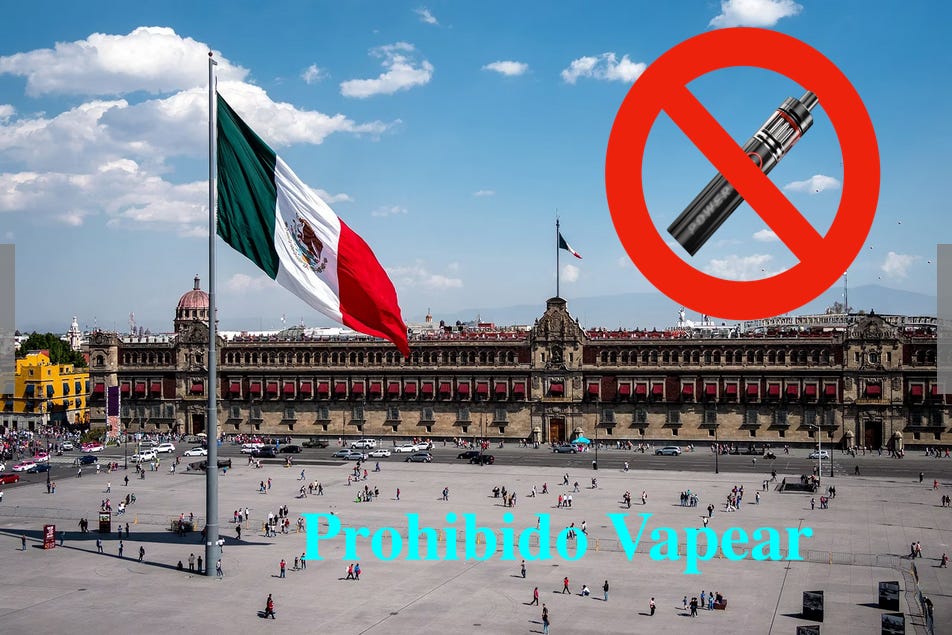
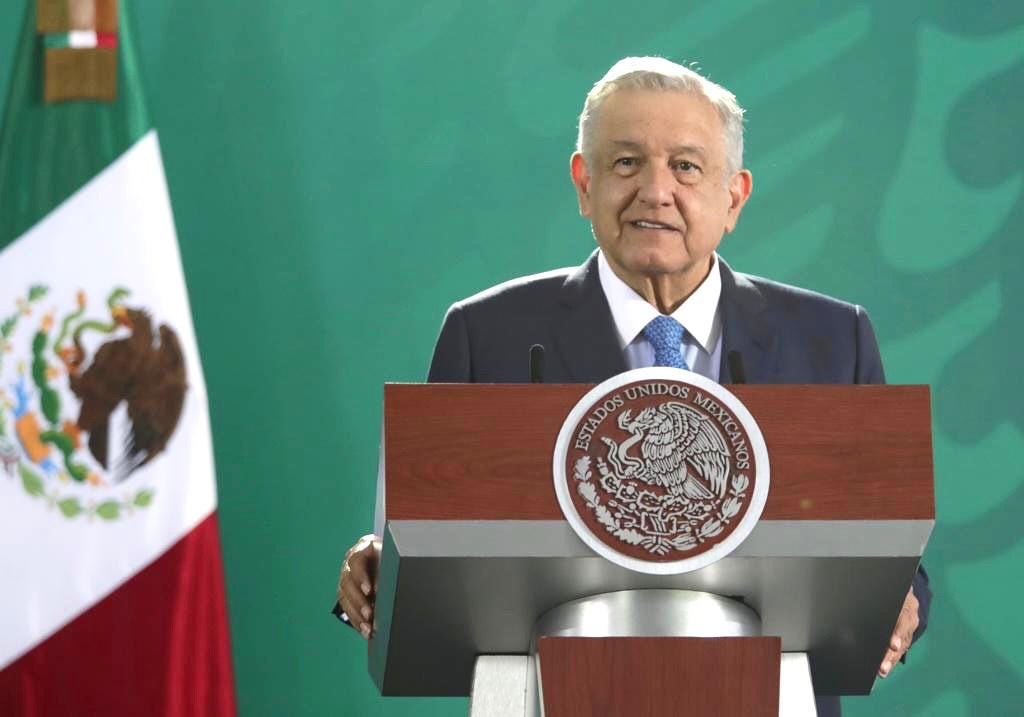
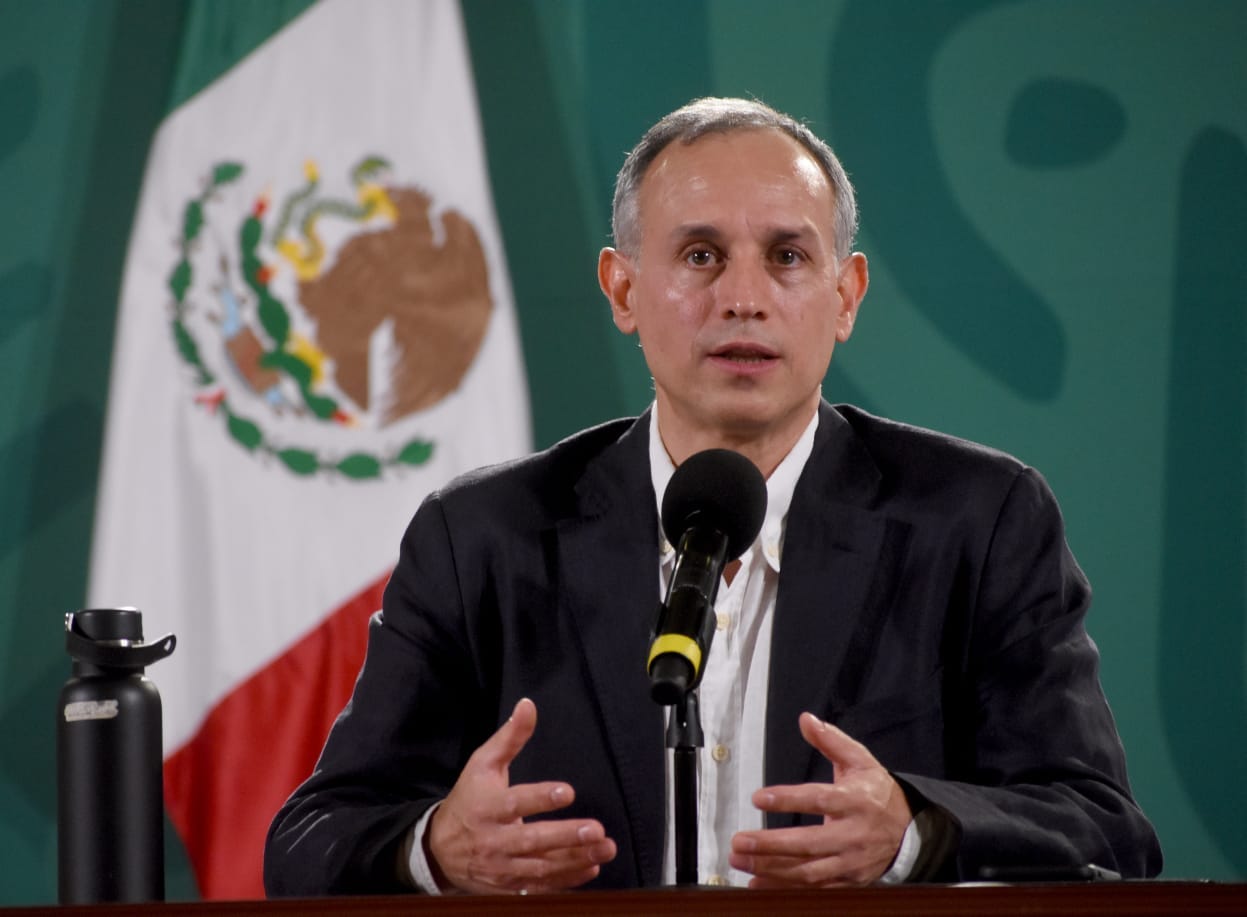
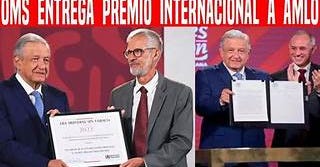

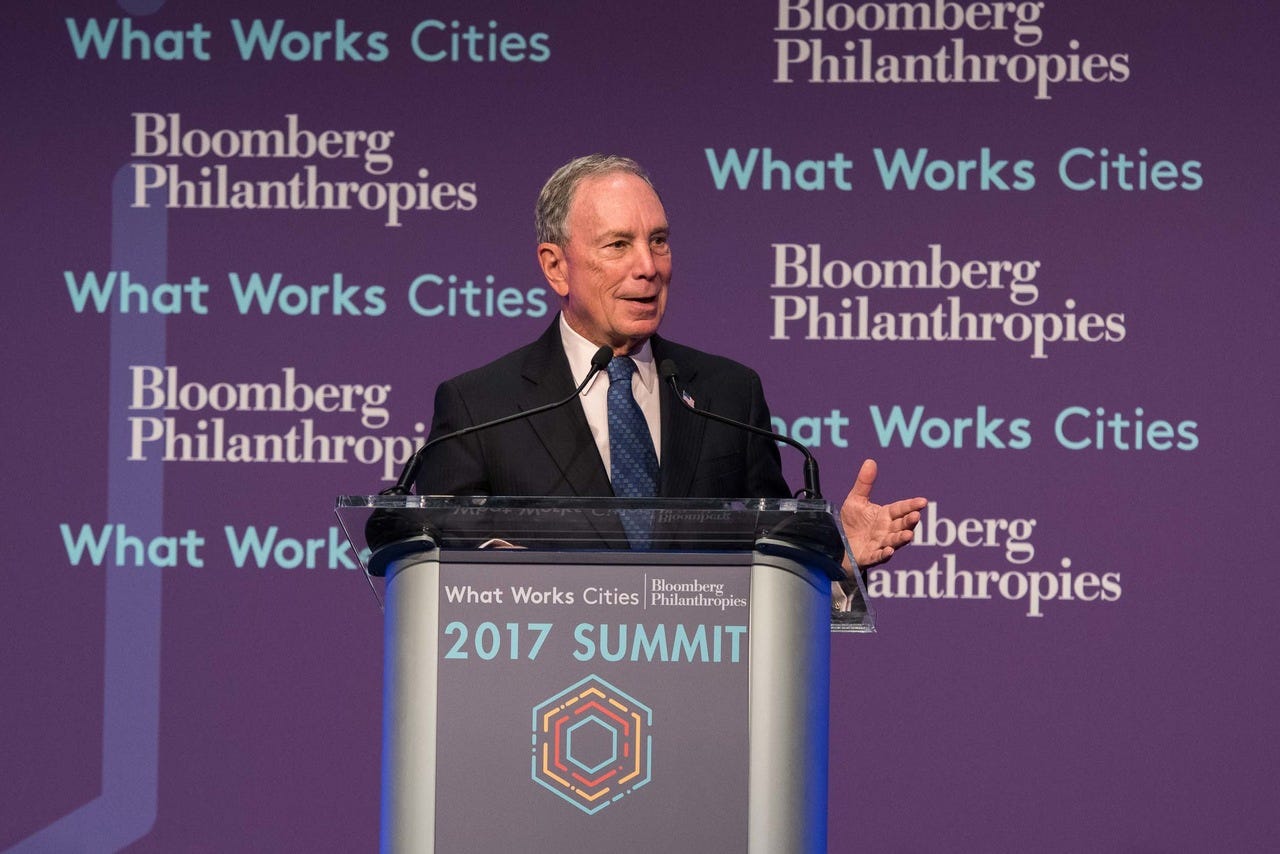
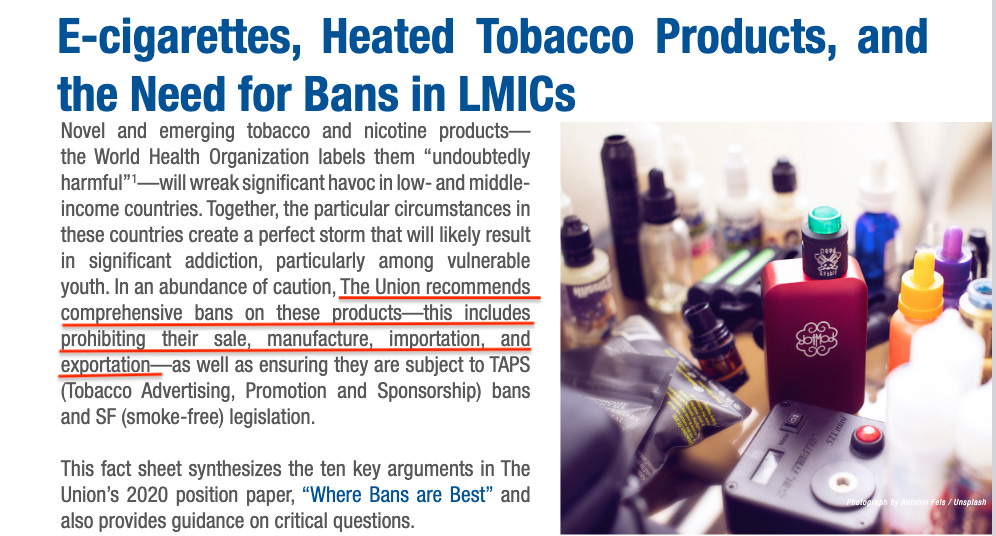


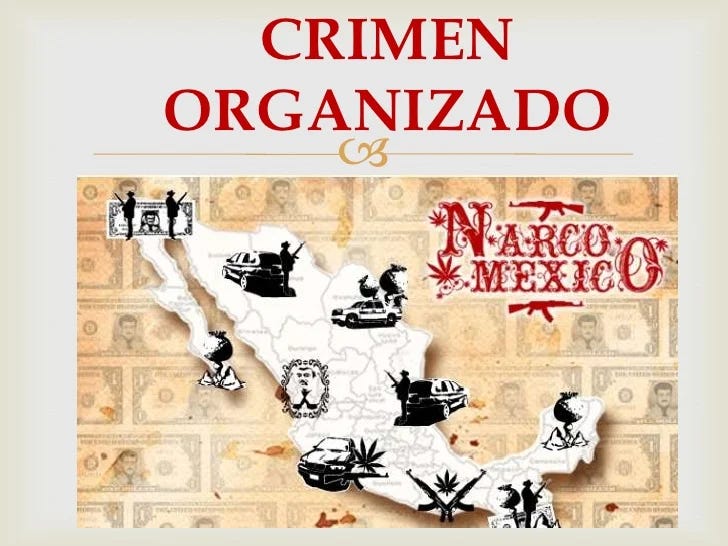
Thank you, Roberto. A lesson in the intricate political-economic engineering that predominantly targets low- and middle-income countries. The case of Mexico serves as a contemporary illustration of how dominant interests, cloaked as public welfare initiatives, operate through an international system that undermines national autonomy. In this instance, the supposed defense of public health acts as a façade for a broader strategy that deepens economic inequalities and consolidates power in the hands of global private actors. The outcomes of these policies not only perpetuate illicit markets and strengthen criminal networks but also highlight how historically exploited local societies, detached from the decisions that shape their lives, are reduced to mere pawns in a global political-economic game where declared intentions rarely align with actual results.
Thank you for the information; it clarifies the unusual steps taken to ban a vastly safer alternative to cigerettes. I learned it was even stranger than I had thought.